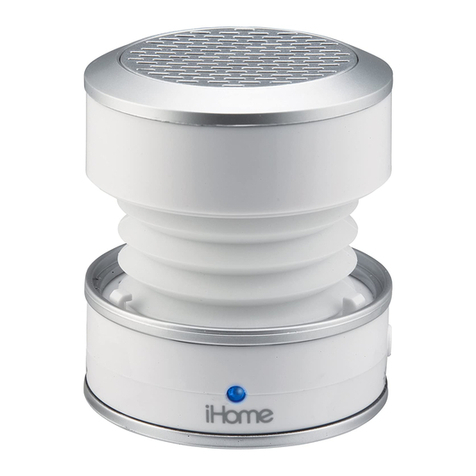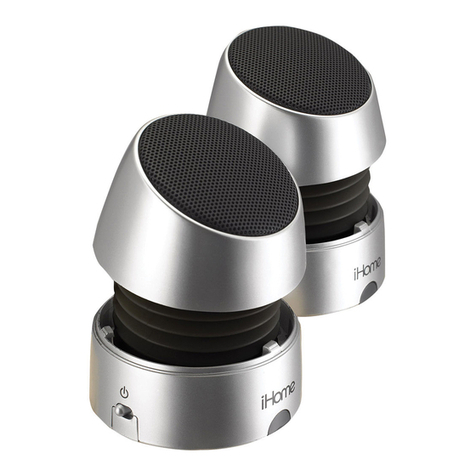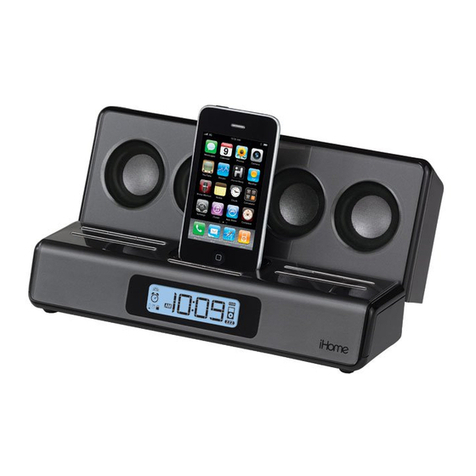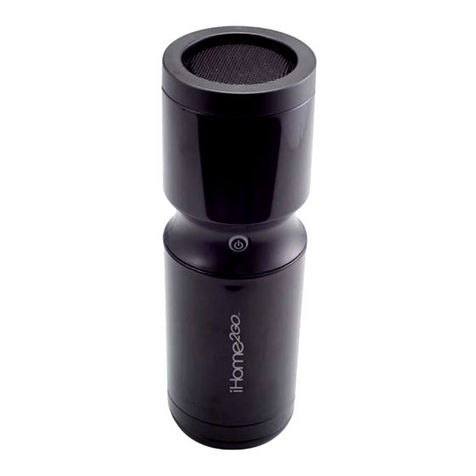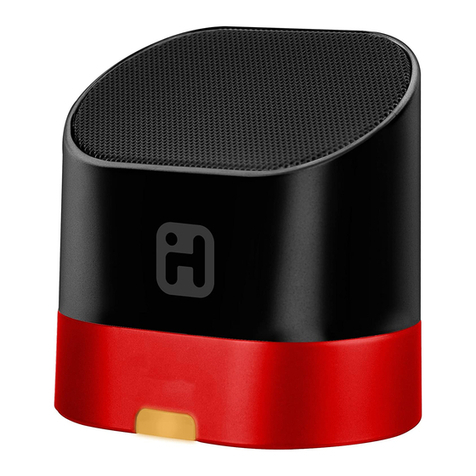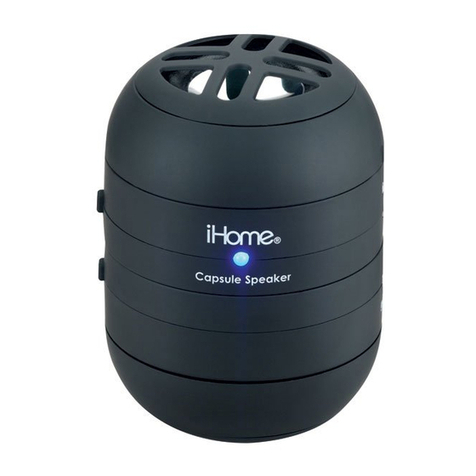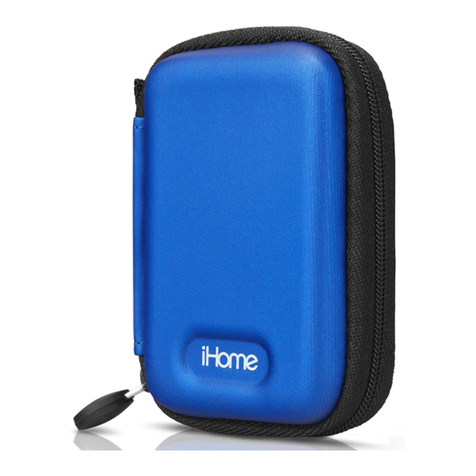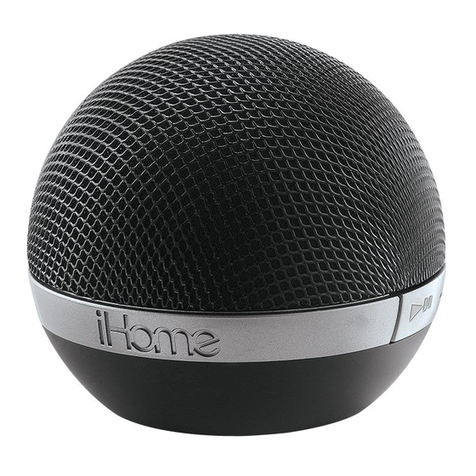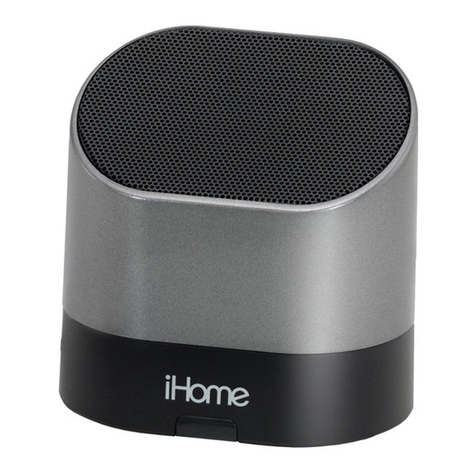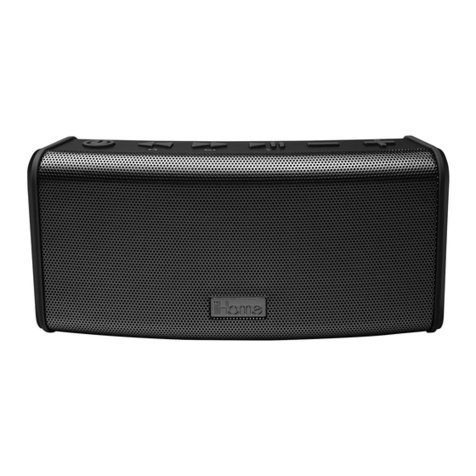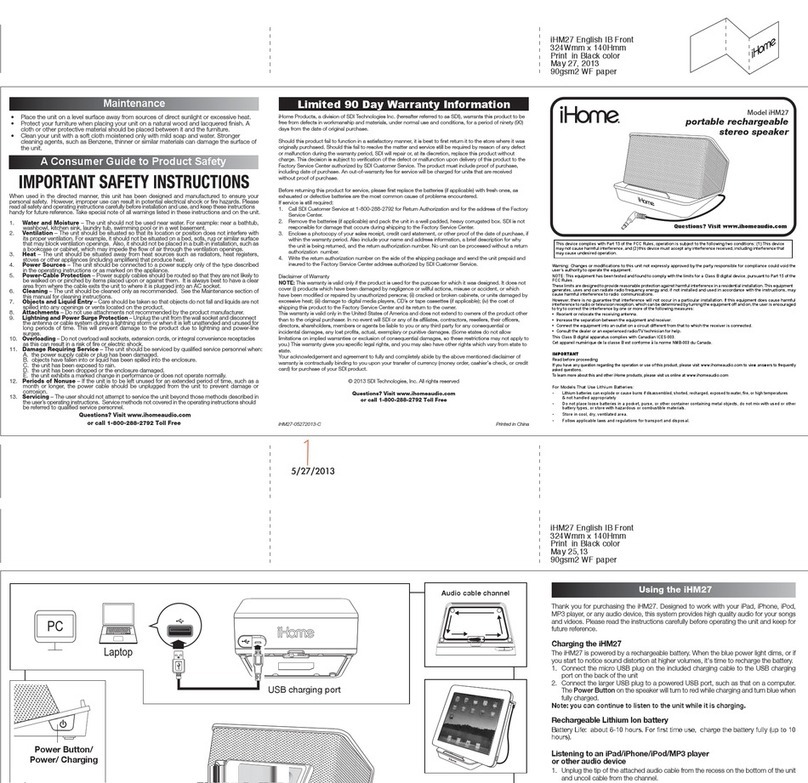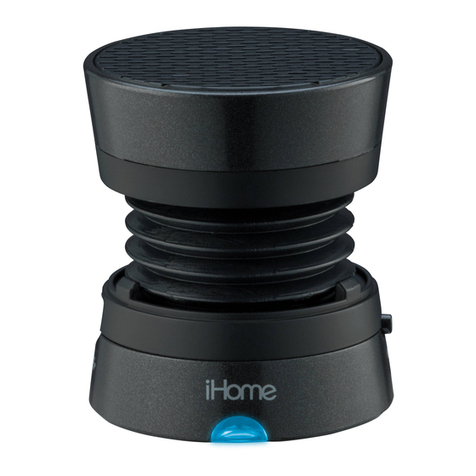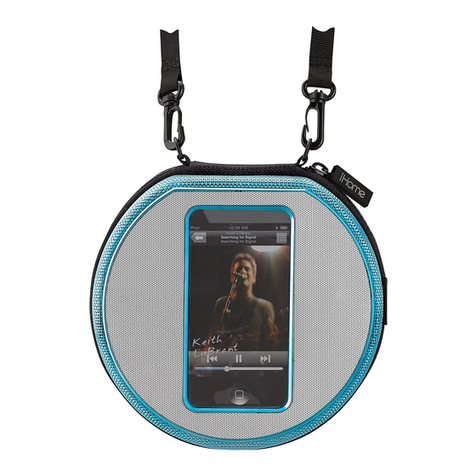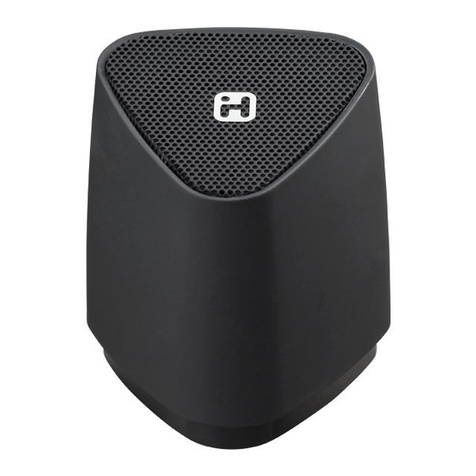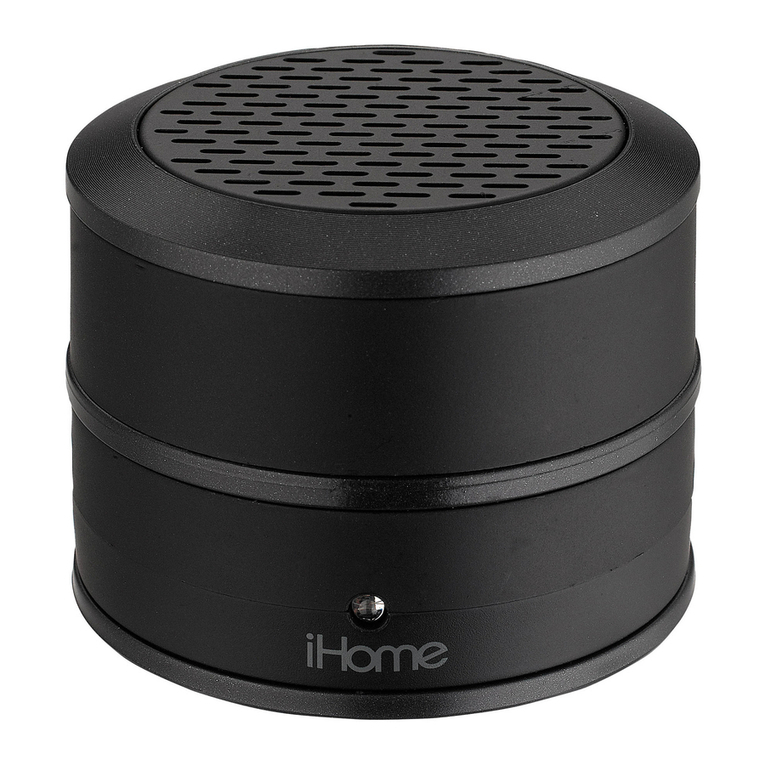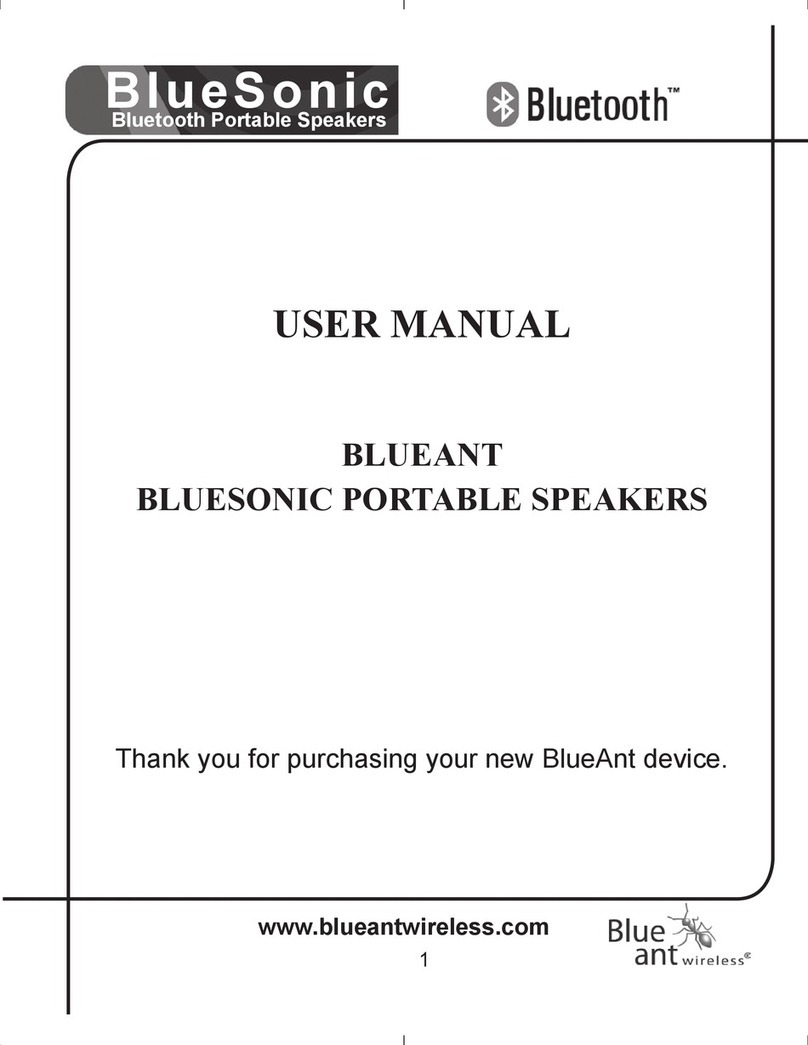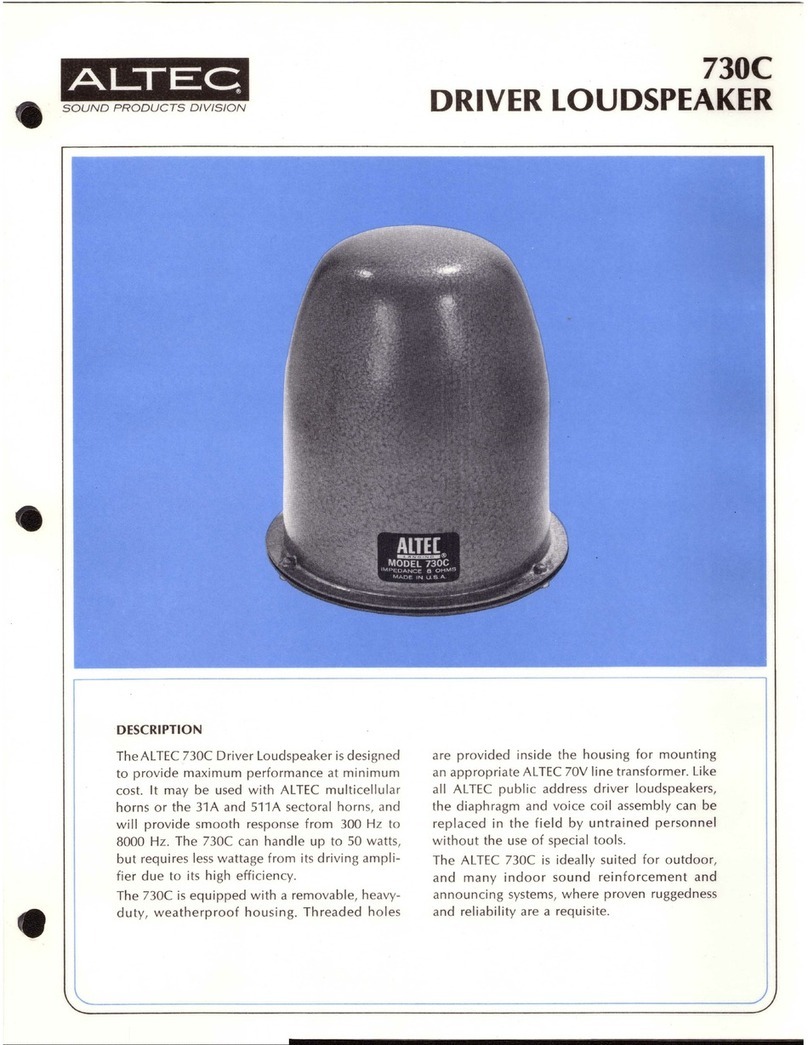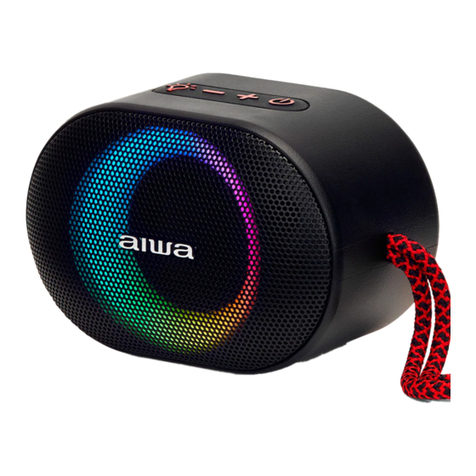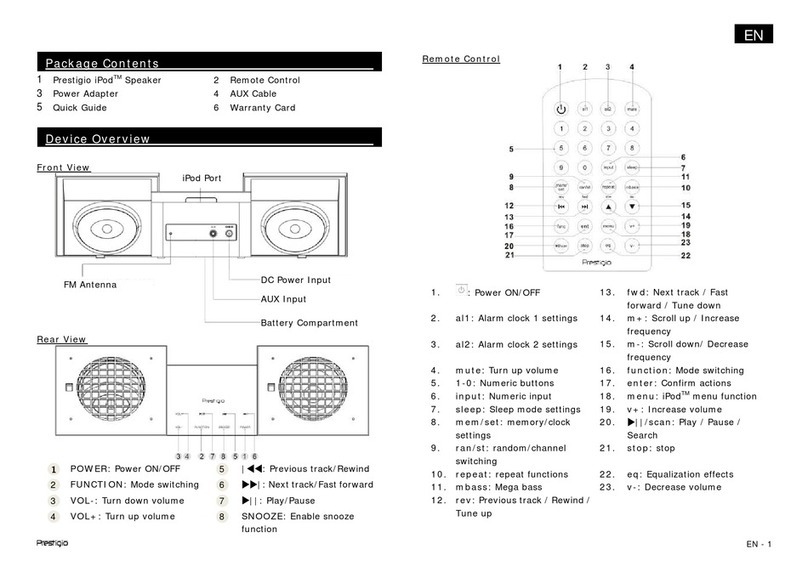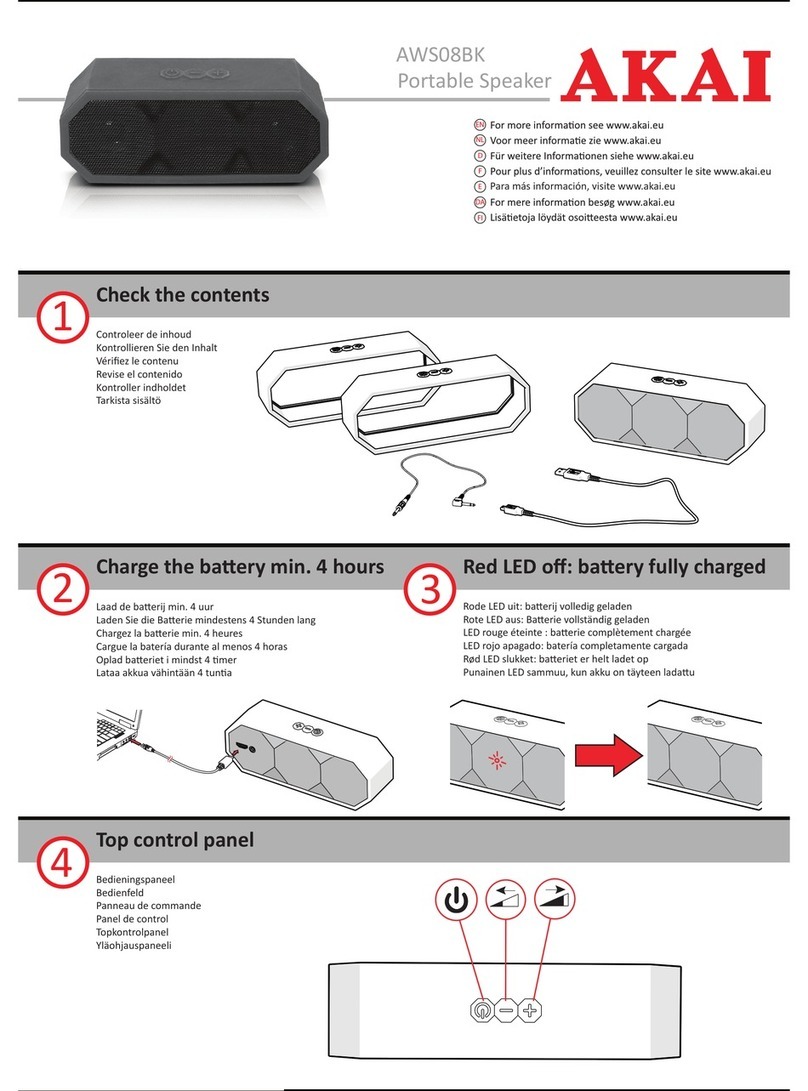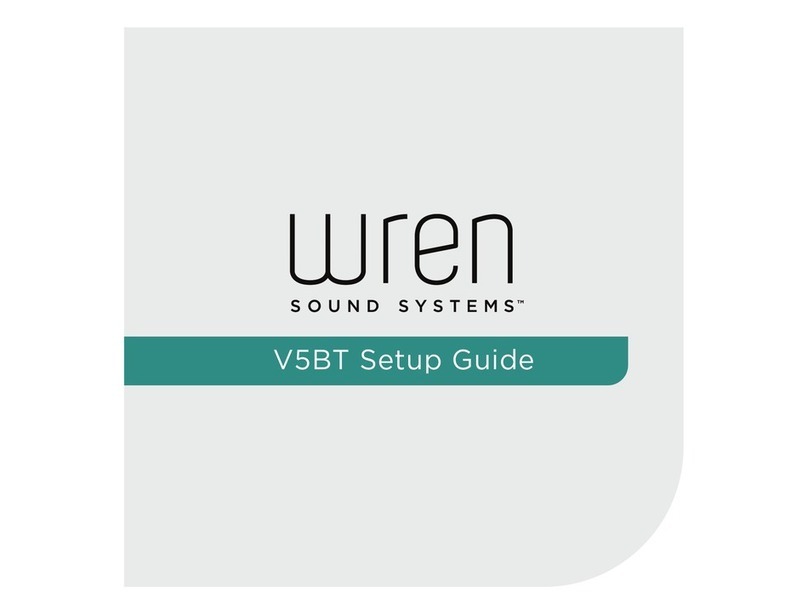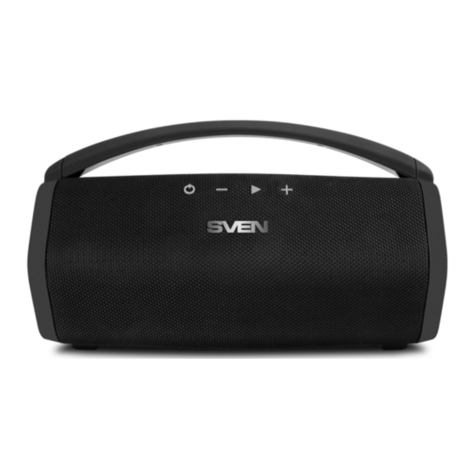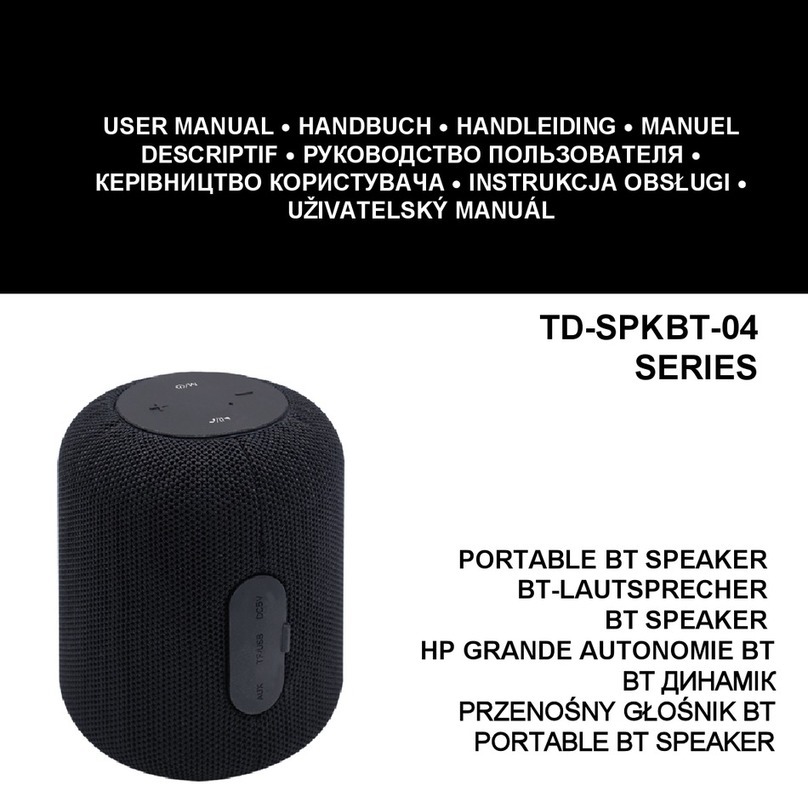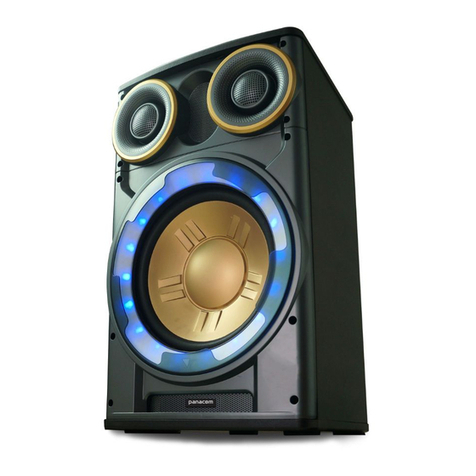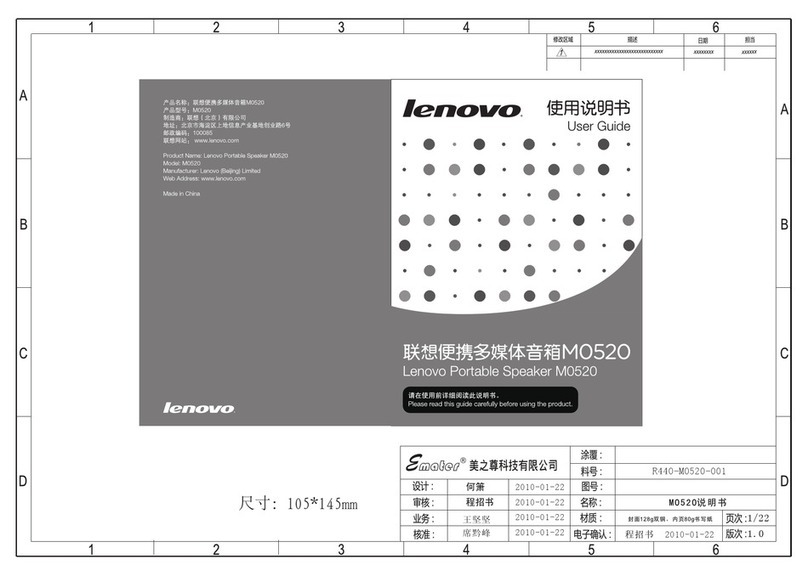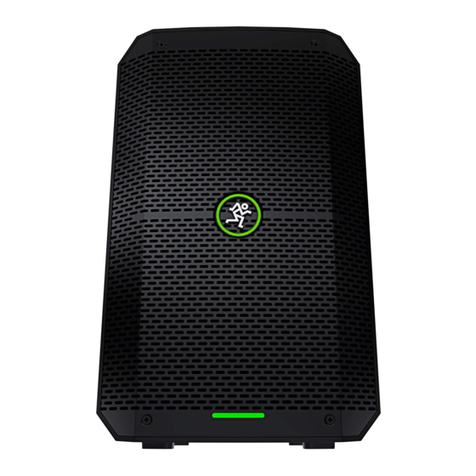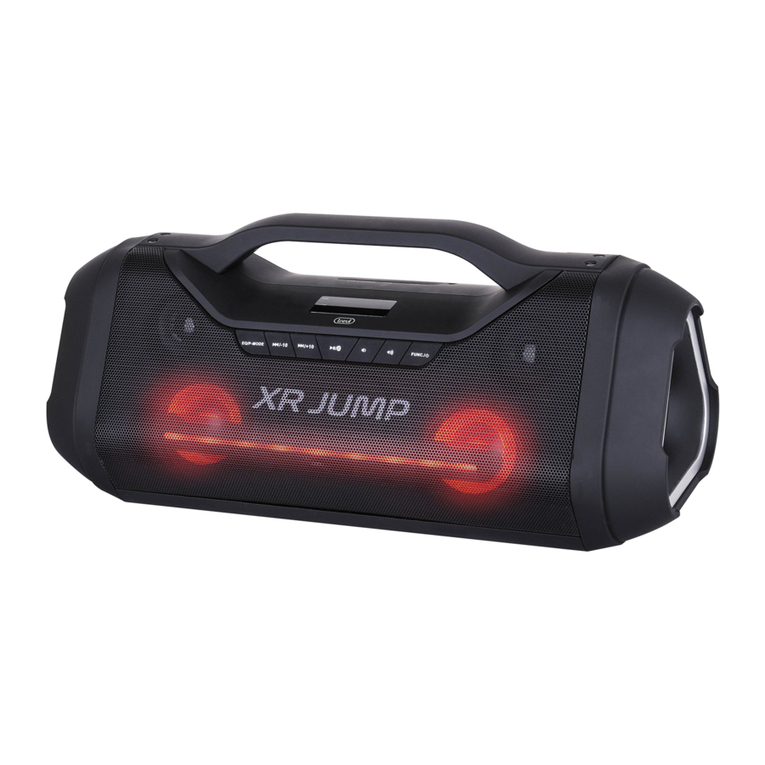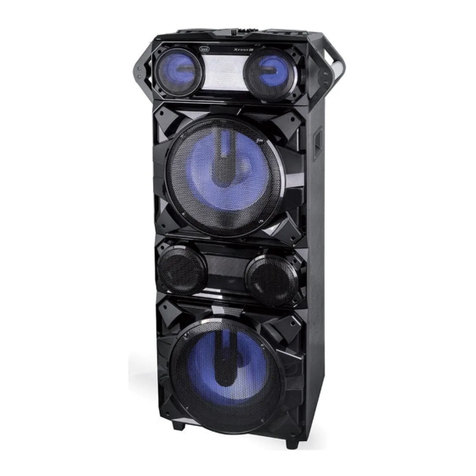A
Consumer
Guide
to
Product
Safety
IMPORTANT
SAFETY
INSTRUCTIONS
When used
in
the directed manner, this unit has been designed and manufactured to ensure your personal safety. However,
improper use can result
in
potential electrical shock or fire hazards. Please read all safety and operating instructions
carefully before installation and use, and keep these instructions handyfor future reference.
Take
special note ofall warnings
listed
in
these instructions and on the unit.
1.
Water and
Moisture-
The unit should not
be
used nearwater. For example: near a bathtub, washbowl, kitchen sink,
laundry tub, swimming pool
or
in
a wet basement.
2.
Ventilation-
The unit should be situated so that its location
or
position does not interfere with its proper ventilation.
For example, it should not be situated on a bed, sofa, rug orsimilar surface that may block ventilation openings. Also,
it should not
be
placed
in
a built-in installation, such as a bookcase orcabinet, which may impede the flow
of
airthrough
the ventilation openings.
3.
Heat-
The unit should
be
situated awayfrom heat sources such as radiators, heat registers, stoves orother appliances
(including amplifiers) that produce heat.
4.
Power
Sources-
The unit should
be
connected
to
a power supply only ofthe type described
in
the operating instructions
or as marked on the appliance.
5.
Power-Cable
Protection-
Powersupply cables should
be
routed so that they are not likely to
be
walked on or pinched
by items placed upon or against them. It is always best to have a clear area from where the cable exits the unit to
where it is plugged into an AC socket.
6.
Cleaning-
The unit should
be
cleaned only as recommended. See the Maintenance section ofthis manual for cleaning
instructions.
7.
Objects and
Liquid
Entry
-Care should
be
taken so that objects do not fall and liquids are not spilled into any
openings or vents located on the product.
8.
Attachments
-Do not use attachments not recommended by the product manufacturer.
9.
Lightning
and Power Surge
Protection
-Unplug the unit from the wall socket and disconnect the antenna or cable
system during a lightning storm or when it is left unattended and unused for long periods
of
time. This will prevent
damage to the product due to lightning and power-line surges.
10. Overloading -Do not overload wall sockets, extension cords,
or
integral convenience receptacles as this can result
in
a risk
of
fire or electric shock.
11.
Damage Requiring
Service-
The unit should be serviced by qualified service personnel when:
A. the power supply cable or plug has been damaged.
B.
objects have fallen into or liquid has been spilled into the enclosure.
C.
the unit has been exposed to rain.
D.
the unit has been dropped
or
the enclosure damaged.
E.
the unit exhibits a marked change
in
performance or does not operate normally.
12. Antenna -Do not connect an external antenna to the unit (other than that provided).
13. Periods
of
Nonuse -If the unit is to be left unused for an extended period
of
time, such as a month or longer, the
power cable should be unplugged from the unit to prevent damage or corrosion.
14. Servicing
-The
user should not attempt to service the unit beyond those methods described
in
the user's operating
instructions. Service methods not covered
in
the
operating instructions should
be
referred
to
qualified service personnel.
Questions?
Visit
www.ihome.com
or
call 1-800-288-2792 Toll Free
5


